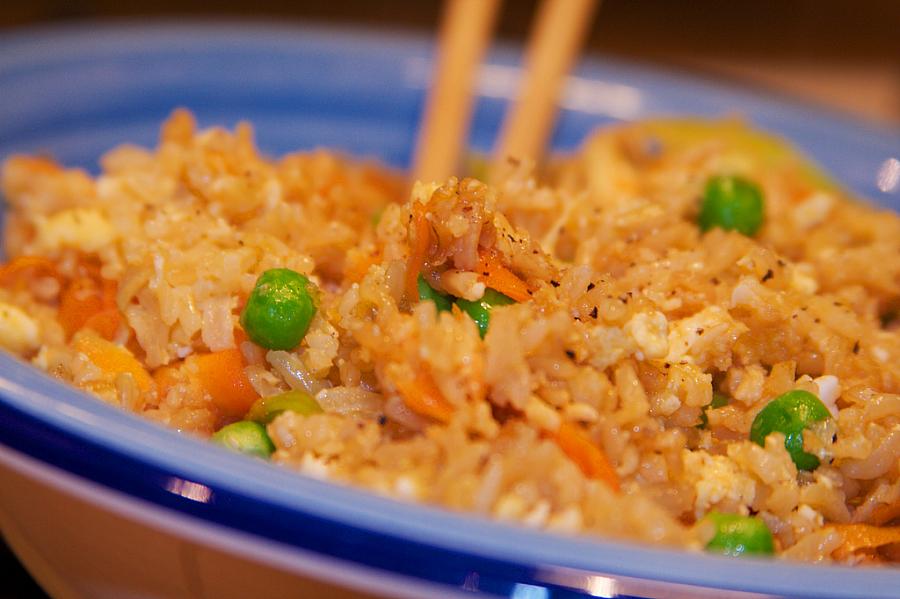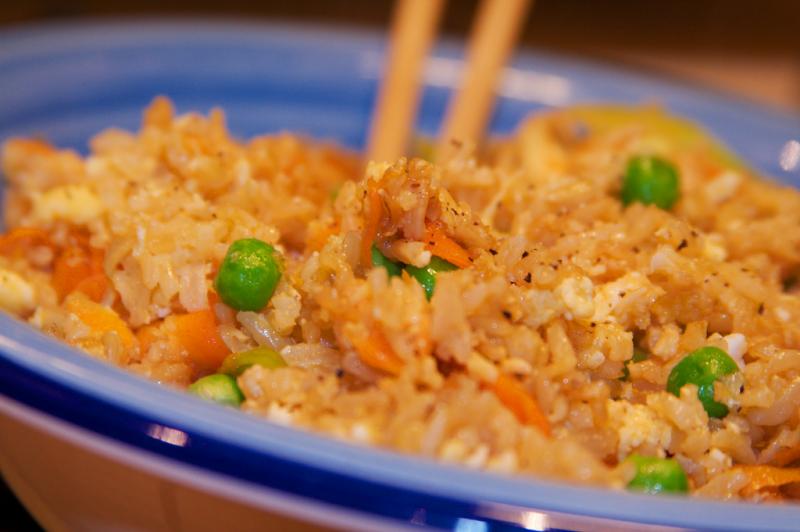Personal Reflections on the Immigrant Health Paradox

 Life is full of choices and each choice has consequences. An informed decision based on knowledge and truth may benefit you in ways you would not have imagined and you may not fully aware of its importance until many years later.
Life is full of choices and each choice has consequences. An informed decision based on knowledge and truth may benefit you in ways you would not have imagined and you may not fully aware of its importance until many years later.
When I first came to Los Angeles from my native Beijing, China, I was in my early 20s and a graduate student at the University of Southern California. I had a hard time adjusting to drinking milk and eating cheese, because I did not grow up with these foods, which are so central to the American diet.
I felt very awkward when I was served cheese-filled food or anything with a heavy cream sauce when I was invited to people's homes. I would force it down with a big gulp. If I was asked what I like, I would say that I prefer no cheese, but felt hugely embarrassed for being picky. After all, I grew up in China, where the culture values conformity and not causing trouble for others. A few years later, as my understanding and appreciation for the U.S. deepened, I decided to stay here for longer than I originally planned. Then I thought I'd better learn to be like an American. To start with, I was determined to train myself to like dairy products.
At the time, I was working part-time as a programmer in the Department of Preventive Medicine, USC School of Medicine, while finishing my Ph.D. dissertation. My office mate was Dr. Wendy Cozen, a postdoctoral medical epidemiologist.
One day she saw a small carton of chocolate milk next to my usual lunch of leftover Chinese food from home. Knowing I did not like milk, she asked what the milk was for. I proudly told her my brand new resolution - to learn to like milk and cheese. To my great surprise, instead of praising me for my effort and desire to be American, she looked at me seriously and said: "Stop it!" She explained to me that this is a free country where you don't have to do what you don't like to do. There are many choices of food. I should not force myself eating anything, especially something I did not enjoy. "Besides," she continued, "the reason that Asians have lower risk of cardiovascular disease and many other chronic diseases was thought to be because Asians eat less dairy products."
Her words effectively liberated me from the embarrassment and guilt I had felt for years and showed me a new way of thinking based on information I had never heard before. From then on, I happily continued with my traditional Chinese diet and cooking style, which consists of lots of rice and vegetables, not much meat and rarely any cheese or milk. I enjoy dairy in the form of ice cream. I eat cheese when it is in pizza.
Today, some twenty years later, as the U.S. is battling with obesity epidemic, research has shown the impact of diet on health. Research also shows how the health of immigrants deteriorates the longer they spend in the U.S. and, in some respects, the more they assimilate certain life habits. It has gradually dawned on me that my friend Wendy gave me a great gift. With her knowledge and care, she saved me from embarking on a wrong path to Americanization (i.e., losing my inherent healthy advantage and picking up an unhealthy practice).
I couldn't help but think how many immigrants are not as lucky as I was to have such guidance while integrating into the American society. What a tragic loss it would be for both the individuals and the society, if immigrants inadvertently lose their traditional healthy practices as they try to become Americans.
Photo credit: Lloyd Morgan via Flickr

